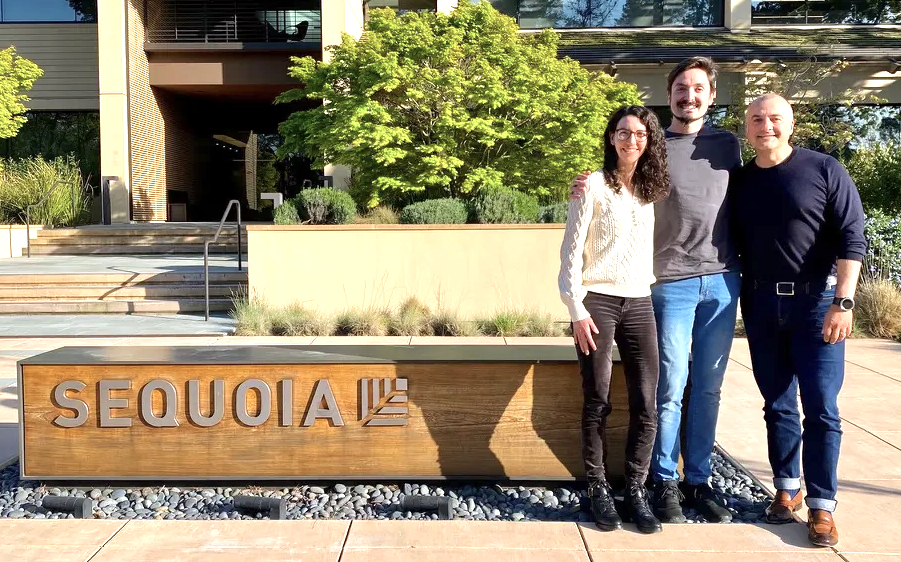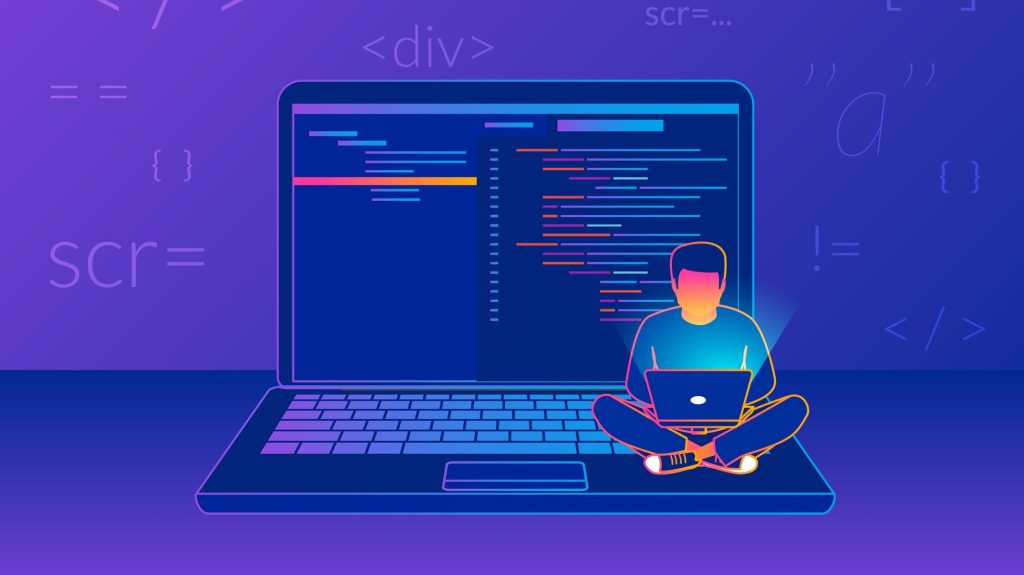Sequoia Capital plans to fund up to three open source software developers annually, as a continuation of a program it debuted last year.
The Silicon Valley venture capital firm announced the Sequoia Open Source Fellowship last May, but it was initially offered on an invite-only basis with a single recipient to shout about so far. Moving forward, Sequoia is inviting developers to apply for a stipend that will cover their costs for up to a year so they can work full-time on the project — without giving up any equity or ownership.
Underfunding
It’s no secret that open source software has a chronic underfunding problem, a fact that only seems to enter the mainstream consciousness whenever a major security flaw like Log4Shell wreaks havoc on the software supply chain.
Volunteer contributors are often the core driving force behind the building blocks of some of the world’s most widely used applications, typically having to fit their open source “passion projects” in between work that actually pays their bills. The wider world is generally fine with this arrangement until something goes awry, at which point governments scramble into action with executive orders and regulations belatedly thrust upon industry to make the software supply chain just that little bit more robust.
Such regulations have forced Big Tech to collaborate around new funding initiatives to support developers behind some of the most critical open source software components, while companies such as Spotify, Salesforce and even Bloomberg have launched their own grant programs too.
But these various funding initiatives have little to do with pure altruism. The companies ponying up the capital typically identify the open source software they rely on most, and then allocate funds accordingly — it’s ultimately about protecting their own business, while also currying favor with a community on which they need on-side, and which they may even wish to hire in the future.
Slight return
So how does this all translate into the venture capital realm — why would Sequoia wish to fund software developers with no financial return on its investment? Well, as with other similar funds out there, Sequoia might not stand to recoup its cash directly, but it does stand to benefit in other ways — it’s a “big picture” investment, not a charitable donation.
You only have to look at some of the businesses that Sequoia has invested in through the years to get an idea of where its head is at with this play — it has previously backed the likes of MongoDB (a $34 billion database giant that subsequently abandoned its open source roots) and Confluent, the company behind the open source stream-processing platform Apache Kafka.
“Open source really has become the lifeblood of software these days — when you look under the covers even of proprietary software today, it is very dependent on open-source libraries and open-source packages,” Sequoia partner Bogomil Balkansky told TechCrunch over email. “Open source is what the world runs on, what computer systems run on today.”
More recently, Sequoia backed open source startup PartyKit, which is building real-time multiplayer infrastructure for any app, as well as open source microservices orchestration platform Temporal. Elsewhere, Sequoia also invested in Coana which, while not open source itself, helps companies prioritize vulnerabilities in their open source software stack.
But one investment in particular really shines a light on the purpose of Sequoia’s new fellowship. Last year, Sequoia backed fledgling startup Pydantic, which is seeking to commercialize the popular Python library and open source data-validation framework of the same name, used by Alphabet, Amazon, Apple, Meta and Microsoft, among other notable companies.
What’s interesting here is that Pydantic leans heavily on FastAPI, an open source web framework for building APIs. FastAPI was created by Sebastián Ramírez Montaño, a Colombian software developer based out of Berlin who became Sequoia’s inaugural (and hitherto only) Fellowship recipient last year.

What this highlights is that some open source projects naturally lend themselves to becoming fully commercialized entities, while others are more like Lego blocks that, while no-less important, are difficult to monetize directly.
“The open source world is to some extent divided between the projects that can be commercialized and the projects that are very important, very influential, but just simply can’t become companies,” Balkansky said. “For the ones that can become great companies, we at Sequoia have a long track record of partnering with them and we will continue partnering with those founders and creators.”
And this is why Sequoia is making two distinct financial commitments to two different kinds of open source entities, using grants to support foundational projects that might be instrumental to one of the companies it’s taking a direct equity stake in.
“In order for Sequoia to succeed, and for our portfolio of companies that we partner with to succeed, there is this vital category of open source developer work that must be supported in order for the whole ecosystem to work well,” Balkansky added.
From today, Sequoia said it will accept applications from “any developer” working on an open source project, with considerations made on a “rolling basis” moving forward. Funding will include living expenses paid through monthly installments lasting up to a year, allowing the developer to focus entirely on the project without worrying about how to put food on the table.
“We want to support open source creators and the projects that have real-world adoption,” Sequoia partner Lauren Reeder told TechCrunch. “A lot of these developers are trying to balance their OSS [open source software] project as well as a full-time or even multiple part-time jobs, in some cases. We want to fund the things that have the highest impact.”































Comment